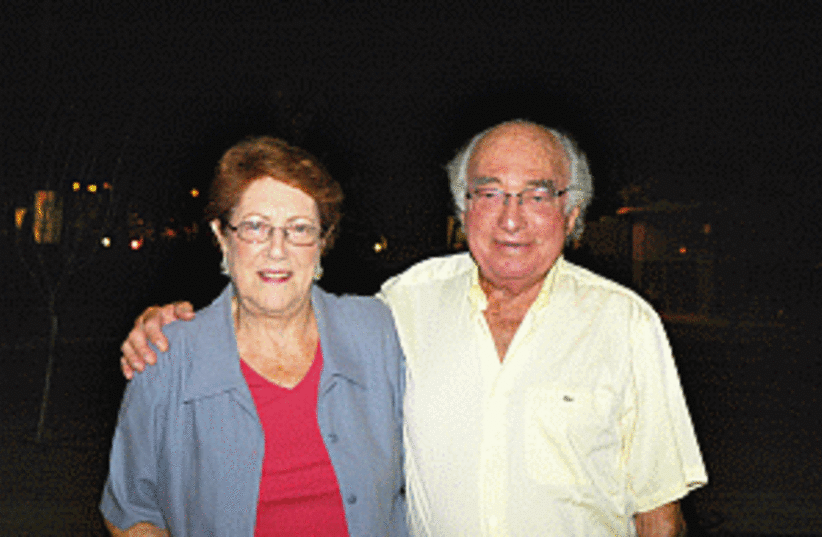| More about: | Port Elizabeth, Johannesburg, South America, South Africa |
Protea Village marks five years
The golden years are a time to have fun and enjoy life, knowing the future is taken care of.


| More about: | Port Elizabeth, Johannesburg, South America, South Africa |